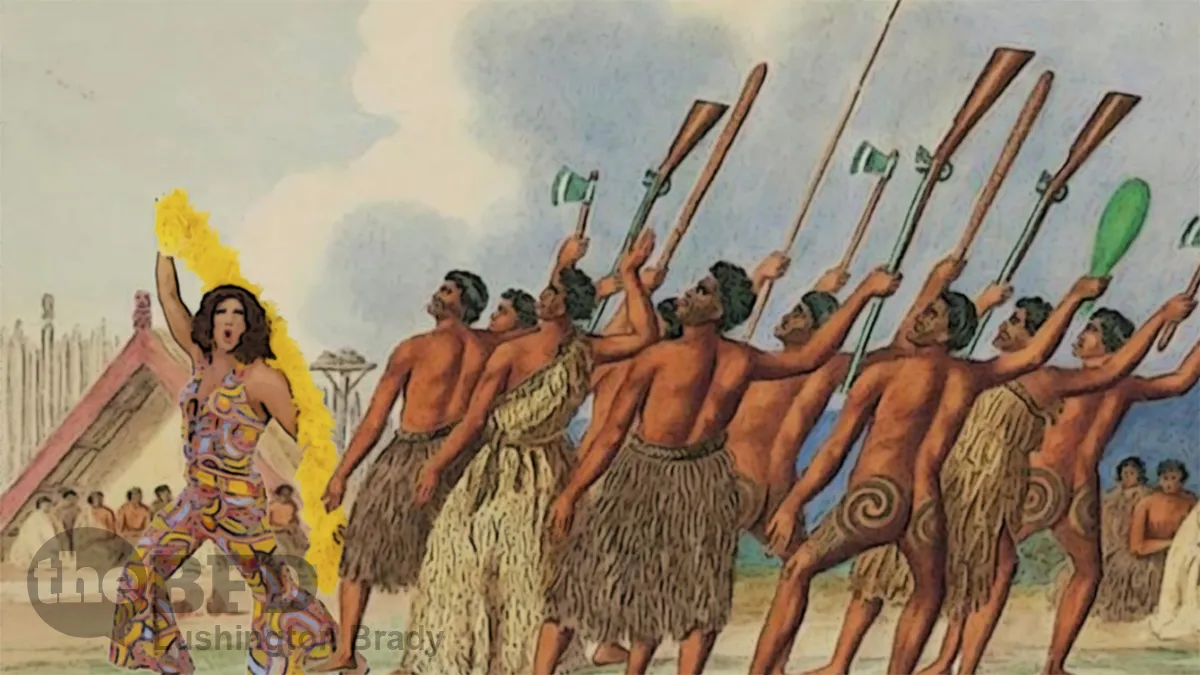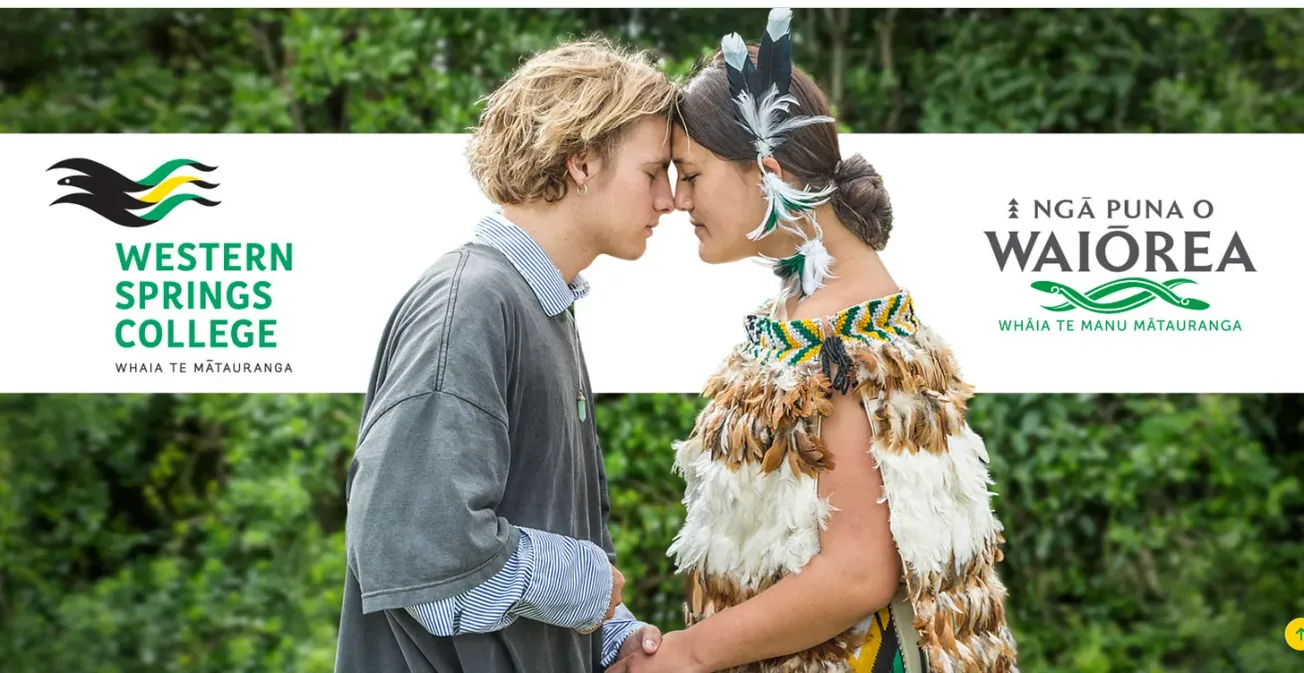Table of Contents
One of the more odious outrages of the rainbow groomers is their sleazy determination to appropriate the religious beliefs of indigenous cultures to their creepy agenda.
When the cocks-in-frocks co-opt so-called “two-spirit” beliefs which were present in some Native American tribes, they’re committing a cultural appropriation more egregious than a drag queen dressing up in a pink war bonnet and prancing about, chanting “Ooga-booga-I’ll-cum-in-ya”. Not only were “two spirit” far from universal among Native American tribes, they occupied a distinctly religious, ceremonial role in what were in fact rigidly gender-defined societies. The idea that they were trannies in buckskin is frankly insulting to Native American belief.
The ludicrous claim that trannies and drag queens were flouncing about New Zealand in grass skirts and glitter prior to Captain Cook is every bit as insulting to Maori culture and beliefs.
To say it is surreal to witness everyone in New Zealand’s parliament acquiesce to the bizarre and perilous doctrine that is gender-identity is an understatement, although NZ is not the only Government to have done so. Even more puzzling is the seemingly docile complicity by elitist Maori to go along with the popular, yet deceitful, allegation that tamariki and mokopuna (children and grandchildren) can be born in the wrong bodies.
The same people who try to claim that Maori religious beliefs are “equivalent to Western science” are obviously capable of believing the most self-evidently bizarre monstrosities. But, even for them, stuff like this is quite the doozy.
On page 3 of Te Ara, the Encyclopedia of New Zealand, in “Sexual Diversity in Contemporary Maori Society,” Clive Aspin makes the claim:
“…transgender people hold a revered position within Maori society. Transgender people play an important role within both the takatapui community and wider Maori community as holders and transmitters of ancestral knowledge.”
Who are these so-called “transgenders” that Aspin refers to? Which hapu (sub-tribe)? Which whakapapa (descendancy) are they from and what exactly does he mean by “transgender”?
On the other hand we have the seemingly infrequently read, but gratuitously marketed, PhD thesis by Dr Elizabeth Kerekere, in which she makes a complete 180 degree turn to the above statement by Clive Aspin on p82 in her thesis, to state that:
“There is not yet evidence that Maori had diverse gender identities or that takatapui played specific roles in pre-colonial times.”
Even the use of “takatapui” to refer to poovery appears to be a modern bastardisation, perpetrated by academics whose minds are so pruriently shallow that they are incapable of understanding philos, rather than eros.
Gender-identity ideology originated out of American academia and threatens that everyone must invest in its most outlandish, impractical and unrealistic beliefs – even those who work within government departments […]
This is a direct appropriation of our culture. So, why did Maori Members of Parliament who have the power to take the Government to task over such ridiculous claims, remain silent on the matter? I can only speculate.
The truth is that there is no haka, no waiata, no moteatea, no whakatauki and no whakairo that proves that diverse gender identities ever existed in Te Ao and in pre-colonial times for Maori. Humans can never change sex. Regardless of culture, lying to any child about biological reality is incredibly cruel. How a child feels on any given day should never be responded to with off-label cancer drugs to stop their natural pubertal development or radical surgical amputation of their healthy breast or penile tissue. The very idea is horrific to the point of insanity, yet it has been written into New Zealand law.
If anyone had asked a pre-colonisation Maori, “What is a woman?”, puzzlement would have been followed up with:
wahine: adult human female.
The reality was that traditional Maori culture, like traditional Native American and traditional Aboriginal Australian culture, was rigidly gender-segregated.
Only wahine can bring forth life which is why only wahine can karanga (make the call of welcome). In “The Man Called to Karanga” which aired on Maori Television in 2018, Pita Tamiana’s mother told him, men do not karanga because it attracts death. Unsurprisingly, Pita discounts his mother’s advice and wisdom, perhaps because he is academically trained? I am not sure, but the emerging picture of our culture being contaminated by certain academics and politics instead of being governed and guided by hapu and kaumatua, as is our custom, is an unsettling one.
Suffice to say that gender ideology is no less damaging to Maori than it is to Pakeha. A creepy ideology that erases women and mutilates children is a threat to everyone.
We refuse to capitulate to this ideology which inserts itself uninvited into our culture, erases our mana as wahine and hijacks our ability to safeguard in law that which we hold dear above all else; our tamariki and mokopuna. How can tangata whenua (the people) survive when this ideology seeks to permanently end the continuation of our whakapapa through the castration of our children and grandchildren? When I am asked about this topic “Why are you so angry?”, I respond “Why are you not!”
4W
Careful: they’ll be smearing you as a “white supremacist extremist”, next.









